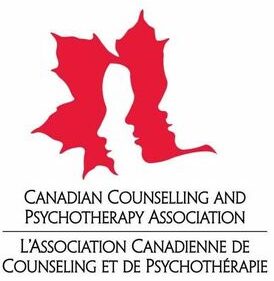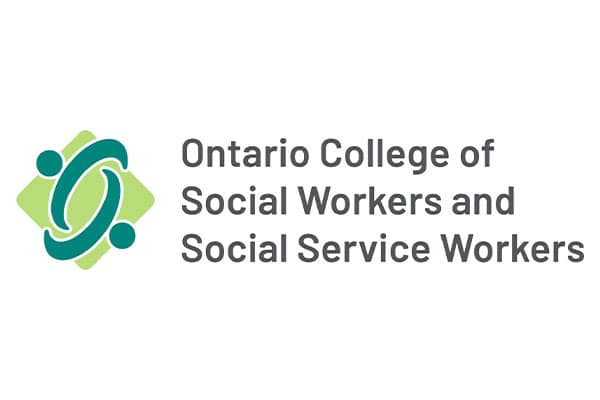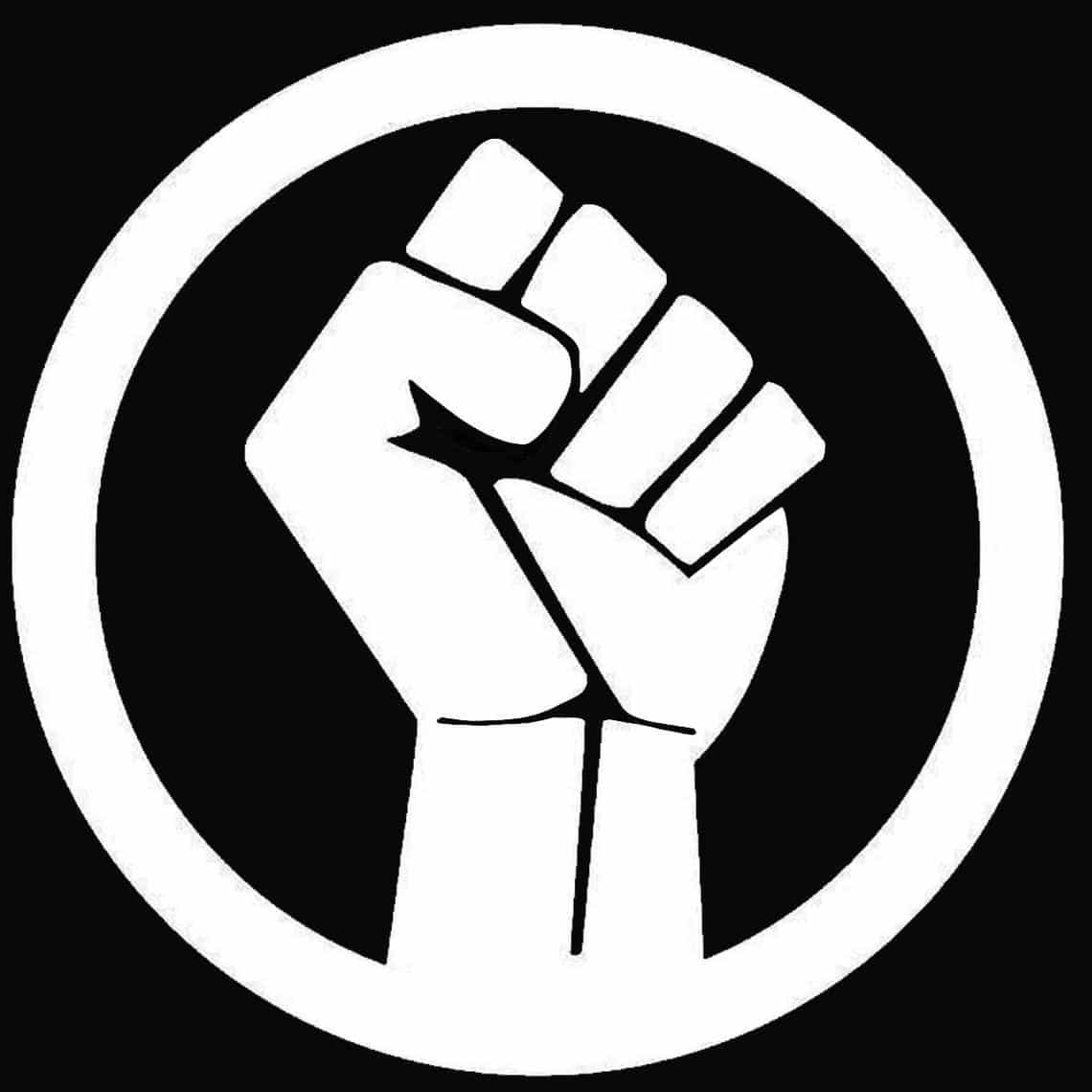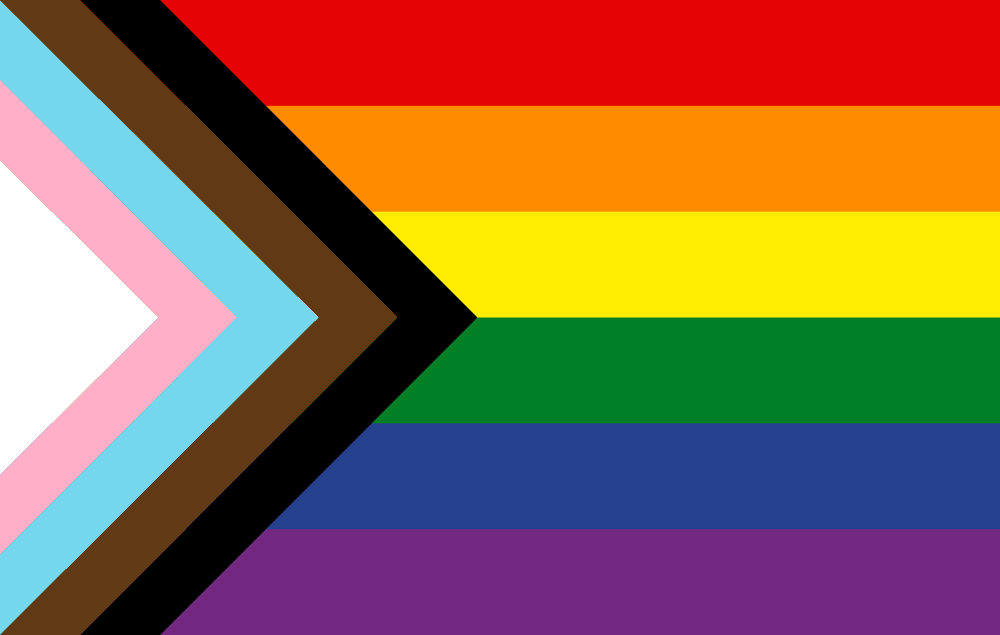The Inheritance of Loss: Intergenerational Trauma, Part 1

I’ve been thinking a lot about family trauma lately – the patterns that we inherit from our parents, and what we can do about it. On one hand, it seems futile: so much is programmed into us from our early years it seems we could never hope to be free of it all. And yet, every little bit that arises in our awareness becomes, in the light of our consciousness, an option rather than a command.
My family seems to be a case study in what happens when trauma is neither diagnosed nor treated or even acknowledged. And some of the patterns seem to play out in my life in a way that I have been utterly powerless to change, even when I could see it. Am I doomed to continue to repeat these patterns? Difficult as it is, it does not appear to be so.
I have always been interested in this subject, but this past winter a few factors converged to bring this to the foreground for me. One part is that my mother is experiencing pretty advanced cognitive decline. As I have started to take care of her, it has activated all sorts of things for me. Another part is that in my own intimate relationships, I noticed that there were uncanny – like downright spooky similarities – from both my youth and family of origin, that were playing out in my current life in a way that I could not ignore. Unconsciously, I had somehow managed to enter an experience that had remarkable symmetry to my past. Isn’t this what we all do? It felt like leaving a labyrinth only to discover you’re just in another larger replica of the maze. Didn’t I leave this behind me? Why do we all do this? Why do we repeat the same themes again and again?
I think the answer shows us something about life that is more beautiful than we can comprehend.
In another timely manner, a friend gave me a book I had never heard of: “It Didn’t Start with You”, by Mark Wolynn. As I worked through this book, I was stunned and not a little bit discomfited by some of the insights. It felt like I was seeing that every thought, every idea and mannerism that I thought was my own was merely an echo of a relative.
That’s all fine and good when your parents and grandparents were moderately well-adjusted folks. And every family has trauma – every life has trauma – but there are degrees of intensity, and degrees of healing, and all of it trickles down into the next generation. Some families took their traumas and rolled with it, even talked about it – made their tragic mythologies at least recognized. But some families tried to hide and bury their pain, as if never talking or thinking about it again would mean that it never happened. But that is like an internal pressure that takes coal smoke and compacts it back into rock. And that hard stuff is passed on; I’ve inherited some of those stones and I feel like I have been working most of my life just to break off and throw away enough pieces that I can just not be glued to the floor with the weight.
Perhaps that is being dramatic, but the image at least feels applicable. It feels applicable to the whole human race, to be honest. And as a therapist, I know that this is the rule, not the exception. All of us, whether we know it or not, whether it is hugely heavy and obstructive, or simply the garden variety nature set of inherited conditioning – all of us are laden with the past that we only rarely can notice.
And what we don’t notice, what is not conscious to us, will play out in our lives. The world we experience is not an objective world; it is our reflection. What our parents and ancestors did not process, is the stuff of our very lives. There is a saying in family counselling that the emotional work the parents could not do is left for the children. It is our job to see through it – to sift through the muck and release it all in order to be more free. This is how, one person at a time, the world might heal.
What is happening on the planet right now – nothing is new. The same old patterns are playing out, as they always have. There has been an increase in awareness, which has brought many things to the surface. And in response to this, there has also been a reciprocal increase in fear, suppression and defense in many that can’t tolerate or own the patterns that are arising. It is becoming quite divisive. Some people can look at themselves and own what they see. Some people cannot. Some people can look at their world, and own how they see it. Some people cannot.
If you see a problem in the world, the problem is in you. It is in your own perception. The world is a blank slate. Or at least, there are a million ways to see it. What we see in and as the world, shows us the beliefs in our unconscious mind. And everything that looks like a problem, could only be an idea from the past, overlaid upon the present moment. And most of those deep ideas, those fundamental beliefs about life and world – the things you just assume are true about yourself, and life – most of that is just the enormous inheritance of not merely your family, but all of human history. All right here, in you, in this one moment, this one way of see things.
Who would you be without the past?
We cannot really know that with our mind. But we can sense it, in the free openness of our innermost being.
The science in the field of epigenetics is very clear: we know for certain that somehow, emotional material of incredible complexity and subtlety is transmitted from our parents. We don’t really know how this works, but we do know that it does. It seems that boggling dimensions of data are encoded in the DNA, and we are now considering that all that was in the past called “junk DNA” was not junk at all. It just was not responsible for obvious biological growth programming. As if, after billions of years of evolution, the majority – like 98%!! – of the program that creates a person is irrelevant. It’s hilarious that scientists would believe this for so long.
We are replaying preferences, tastes, beliefs, fears, ideas, that were set down long, long ago. They just seem like they are original. Why do you like that food over the next? Why do you prefer those shapes, sounds, temperatures, ways of speaking? It is funny that we might think we own these things so personally, so individually.
Why am I so passionate about the music of Sigur Ros, and the culture of Iceland? Why was my aunt so obsessive about the music of Wagner, and the culture of pre-war Eastern Europe? Why does my father have this quasi- religious sentiment towards the Montreal Canadiens hockey team? All of these look pretty different, personalized in their context, but are very similar patterns. As Byron Katie likes to say, “there are no new thoughts”.
One thing that blew me away in Mark Wolynn’s book – which by the way I highly, highly recommend – is the discussion stemming from this incredible statement:
“When your grandmother was five moths pregnant with your mother, the precursor cell of the egg you developed from was already present in your mother’s ovaries. That means that before you mother was born, your mother, your grandmother, and the earliest traces of you were all in the same body – three generations sharing the same biological environment.”
Consider what that means for the transmission of matriarchal information in us. It is astounding. When I reflect on statements like this, I think about how my mother’s mother fled Estonia: fearing for her life in the middle of the night in 1944, very pregnant, and on the boat to Stockholm, with bombs literally dropping around her, she gave birth. Can you imagine! I can’t think of an image that would more appropriately fit in the definition of traumatic birth. I often wonder, how might this be connected to the tragic paranoid fear that has plagued my mother and brother? Wouldn’t be the first family that has escaped the war who would carry tremendous fear with them, even into the sleepy suburbs of southern Ontario.
And I consider my mother’s father, as well. He was a prominent lawyer, who taught at the university. He was imprisoned by the Russians and got out of jail only shortly before fleeing the country with his wife. I don’t know what it must have been like for him, to leave home, to lose everything – everything – and to end up in Canada, working as a cleaner, being treated like a lesser person. I know so little about this. But something about it all was too much for him: he committed suicide when my mother was 13. And this fact was hidden from me for most of my life. And, even after it was not hidden, it was not spoken about.
One of the amazing things that has happened due to my mother’s cognitive decline, is that she seems to have forgotten the idea of her own secrets. Lately – and with fascinating synchronicity- she has been spontaneously talking about parts of her youth, and her family, telling me things that I have never, ever heard before. It has been amazing to me. In the past, I had asked for information like this, and was always given various forms of “no”. One benefit of dementia/Alzheimer’s is that my mother’s psychological defenses are dissolving – she doesn’t know that the things she is telling me used to be her “skeletons in the closet”.
I am hearing amazing and touching things. And as I pay very close attention, I can often hear the echoes in my own life: voices that I thought were my own, impulses that are mirrored by the past. Sometimes, to know that these things come from the past, it can help us to disidentify and detach from them. They get clearer, and therefore more objective. There is healing in this; and then there can be choice, rather than just automation.
It might seem strange, but trauma therapists wouldn’t be surprised that I was 13 years old when my family started to explode. Well, mostly my mother did – but this set the whole thing off. She had what used to be called a ‘nervous breakdown’ – and fascinating that she had this at about the same age her father was when he died, when her kids were about the same age as her and her sister during that family tragedy. My family was not just divided by this, but ripped, shorn, shredded. For some reason the appropriate word that comes to me is French: déchirée.
When I was a kid, all I knew is that “my mom went crazy”. It angered me more than anything. She was at times completely unhinged, detached from any sense of reality. I remember just yelling at her things like, “but that didn’t actually happen!!”. It was confusing, scary, and our family fell apart. Were we replaying the drama of what happened in my mother’s youth? The more I learn about it, the more overlap there seems to be.
But what do I do about it?
Well that’s the big question.
First and foremost, the name of the game is always about being aware. Just being conscious of these patterns, and seeing them as such, is perhaps all there needs to be in order to just see instead of being driven by, the lingering ideas and patterns.
I urge you to consider the problems of your life with an eye to the past: what are the overlaps, what are the themes, what are the patterns and dynamics that might be echoing in your life right now? You can be sure they exist, helpful or not. And very possibly, the greatest challenges you have are the ones that are most rooted in the past.
I’ve spent enough time in this article just wondering about these ideas – so I’ll write a second part to this about the more important part: what do we do about all of this.
And if you have comments or questions about any of this, I would love to hear from you!






